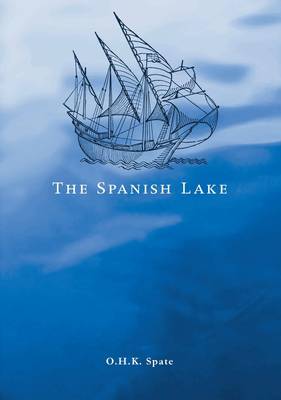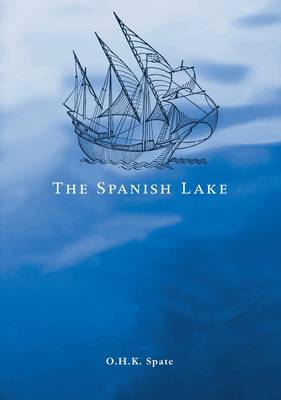
- Afhalen na 1 uur in een winkel met voorraad
- Gratis thuislevering in België vanaf € 30
- Ruim aanbod met 7 miljoen producten
- Afhalen na 1 uur in een winkel met voorraad
- Gratis thuislevering in België vanaf € 30
- Ruim aanbod met 7 miljoen producten
Zoeken
Omschrijving
'Strictly speaking, there was no such thing as "the Pacific" until in 1520-1 Fernao de Magalhãis, better known as Magellan, traversed the huge expanse of waters, which then received its name.' With these opening words, Oskar Spate launches his account of the process by which the greatest blank on the map became a focus of global relations. The Spanish Lake describes the essentially European and American achievement of turning this emptiness into a nexus of economic and military power. This work is a history of the Pacific, the ocean that became a theatre of power and conflict shaped by the politics of Europe and the economic background of Spanish America. There could only be a concept of 'the Pacific' once the limits and lineaments of the ocean were set and this was undeniably the work of Europeans. Fifty years after the Conquista, Nueva España and Peru were the bases from which the ocean was turned into virtually a Spanish lake.
Specificaties
Betrokkenen
- Auteur(s):
- Uitgeverij:
Inhoud
- Aantal bladzijden:
- 398
- Taal:
- Engels
Eigenschappen
- Productcode (EAN):
- 9781920942175
- Verschijningsdatum:
- 1/11/2004
- Uitvoering:
- Paperback
- Formaat:
- Trade paperback (VS)
- Afmetingen:
- 176 mm x 250 mm
- Gewicht:
- 902 g

Alleen bij Standaard Boekhandel
+ 99 punten op je klantenkaart van Standaard Boekhandel
Beoordelingen
We publiceren alleen reviews die voldoen aan de voorwaarden voor reviews. Bekijk onze voorwaarden voor reviews.







